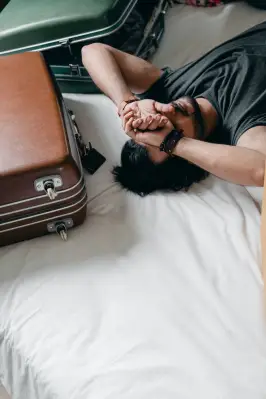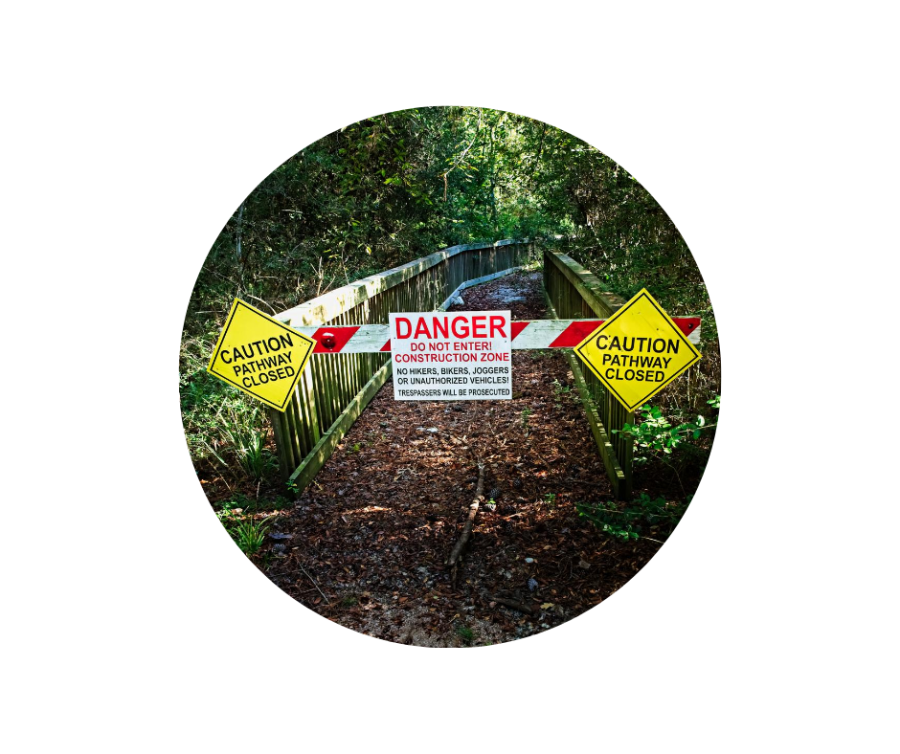The preposition back generally means to return. But there are many different ways you can return something or somewhere! By using phrasal verbs like go back, get back, and come back, you can increase your vocabulary and be more specific in communication. Let’s look at a few of these phrasal verbs with back in a fun short story about a trip to a tropical island. At the end of the story, there’s a short quiz you can take to see if you really know how to use these return expressions like a pro.
Go Back

The island was a magical place. We were only there for a week, so we really want to go back there someday.
go back: Return to a place where you were in the past, but are not there now.
In the text above, the speaker uses go back to mean they want to return to the island that they visited before.
In the past, use went back.
If you went there many times, use have been back.
We went back once for our honeymoon, and once for my birthday. We‘ve been back to the island 2 times.
The speaker is not currently on the island.
Get back

We got back from the island last night, and I’m still thinking about all the wonderful things we saw and places we went.
get back: Arrive home after traveling.
In the text above, the speaker uses get back to mean arrive home.
🗣 We usually use get back instead of arrive in spoken English.
🗣 In the past tense, use got back.
Come back
We ran out of money when we were on the island, so we came back sooner than we had hoped.
come back: Return to where you are now.
Here, the speaker uses come back because he is home now, and he is talking about his return to where he is now. In the past, use came back.
Use come back when you plan on leaving and returning to your current location.
I’m going back to Peru in August, and I’m coming back to California in September.
The speaker is in California at the time of speaking, not Peru.
Read more about the differences between go back and come back here.
Make it back

It started raining when we were in the forest, so we started running to the hotel. We made it back to our room before we got completely drenched.
make it back: Return to a starting point successfully after difficulty.
Make it back means return to the starting point successfully. Maybe you had a problem, like you got lost, or you were late. Use make it back when you arrive after a difficult situation.
🗣 In the past, use made it back.
Hurry up, or we’re not going to make it back to the airport in time for the flight!
There was no traffic, so we made it back just in time.
take back

We took an old train back to the hotel. The train didn’t stop for us, so we jumped on the train as it passed. How exciting!
take _ back: Use a specific mode of transport to return to your starting point.
Have you ever jumped onto a moving train? That takes a lot of courage! If you’re not feeling that brave, you can take all kinds of transportation back to where you started. You can take a bus back, take a boat back, or even take a taxi back, if you can find a driver.
🗣 Always separate this phrase. Insert the type of transportation between take and back. In the past tense, use took.
turn back

During the storm, a tree fell across the train tracks. The train couldn’t pass, so it had to turn back.
turn back: Stop going forward because of a problem.
Turn back is another way to say turn around. You cannot go ahead because of a problem, so you turn around and go back, or turn back, in other words.
If you are unable to stop and go home, you would say:
There’s no turning back now.
follow back

The train had to turn back, but we decided to follow the train tracks back to the hotel. We jumped over the tree and were soon on our way. We were tired, but happy.
Follow back: Let someone or something take you back to your starting point.
If you are an experienced traveller, you know that sometimes you have to find your own way home. You could follow a river back, or follow a tour guide back to the hotel.
🗣 Phrasal verbs can be separable or un-separable. Always separate follow and back around the direct object you are following.
You can follow me back to the trail.
We followed the river back to the highway.
A dog followed us back. Can we keep him?

sit back

When we got back to the hotel, we were finally able to sit back and relax in our hammocks.
sit back and relax: Recline in a chair to rest. Slang: kick back
Vacations are not always relaxing. It takes a lot of planning and research to find the perfect places to go. It’s easy to get stressed out, so it’s important not to forget why you’re going: to sit back and relax. Remember to live in the moment, so you can enjoy the sights, sounds, smells, and tastes of your vacation destination.
And don’t forget to bring back some great souvenirs!
Happy travels!

Ready to test out your understanding? Take this quick online quiz to test your skills.


Need more help? Our teachers are ready and able to give you personal, individual attention with online English classes. You can take private or group lessons, and both are designed to get you speaking faster and more confidently. Check out more of our classes and teachers!

